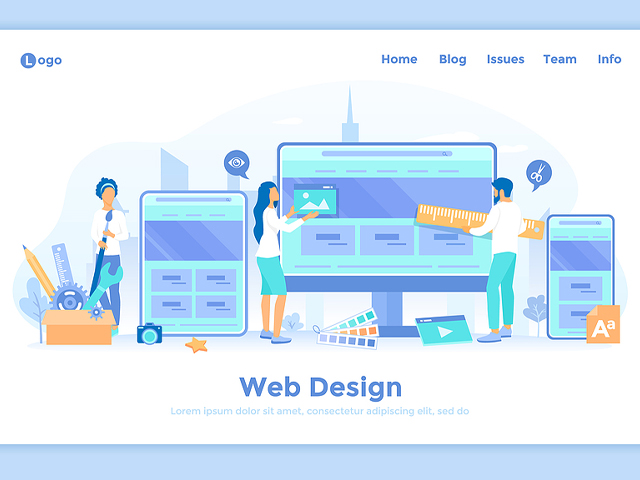
There are numerous applications and different languages that you will need to master if you are working in data science. This can be a challenging aspect. It is possible in certain tech fields to specialize in one or two platforms; however, with data science's interdisciplinary nature, you will be required to learn a minimum of a half-dozen different languages and be able to utilize them in various combinations.
MATLAB
MATLAB is a numerical computing language that is a well-liked statistical analysis tool. It is utilized for high-level mathematical systems including signal processing Fourier transforms, matrix algebra and image processing. This program is widely utilized in various industries and academia. If you enjoy a diverse mathematical background, you may be able to master MATLAB in approximately two weeks.
Java
Java is much simpler to learn compared to its predecessor, C++. Due to its lengthy syntax, it is considered a bit more challenging compared to Python. Certain experts suggest that it takes almost a month to understand the basic concepts and an additional week or two to start using these ideas practically. Java is an excellent tool for adding data science production code right into a database that exists.
Python
Python is a necessary program that offers a somewhat manageable learning curve. For many data scientists, it is one of the best programming languages. Many appreciate how easy it is to use, how versatile and accessible it is. According to a BrainStation Digital Skills Survey, Python was ranked as the most used data scientist tool.
SQL
SQL is another popular programming language. It is fairly simple to learn, quite intuitive and extremely readable. Since its commands are limited to queries, it generally takes 2 to 3 weeks for beginners to use. Experienced programmers will master it in much less time. After you understand SQL, you will be comfortable editing, querying, manipulating, extracting, and updating various information from large databases and structured data locations.
R
R differs from other platforms since it has been purpose-built for data analytics. This makes it different compared to other platforms and has earned it the reputation for being trickier to master compared to various types of analytics software. Don't panic if you find R extremely foreign in the beginning, even if you have considerable experience with additional data science tools. Be patient and know that this program is worth the effort. It offers practically every data visualization and statistical application that a data scientist may rely on. It features advanced plotting, non-linear regression, neural networks among others.
Julia
Julia is a programming language that has become much more popular as of late. It has made a reliable impression due to its simplicity, super-fast performance, and excellent readability. It is useful for computational science and numerical analysis. It may not be learned immediately; however, this programming language will allow you to dive in and start experimenting. Give yourself a few months to master this language. After you have Julia figured out, it will be your favorite tool for solving difficult mathematical operations. Julia is a go-to in the financial industry for this very reason.
Scala
Scala is flexible and user-friendly. It is the perfect programming language to use when you are working with large volumes of data. Scala applications can run everywhere that Java runs. This is handy for large-scale machine learning and complex algorithms. Note, there is a greater learning curve for Scala compared to some other programming languages. Give yourself a few weeks to learn this language. You can appreciate how useful and widely utilized it is when you look at its large user base.
Of course, you probably will not rely on each of these programs daily; however, it is helpful to understand the benefits they provide and the capabilities they offer.
The more programming languages you can master, the more flexible you will be to your employer. Keep updating your resume each time you master a new skill or obtain an online certificate. Enjoy the different aspects from each language and get to know their unique personalities. This will help you decide on the best application for the job you are doing.











